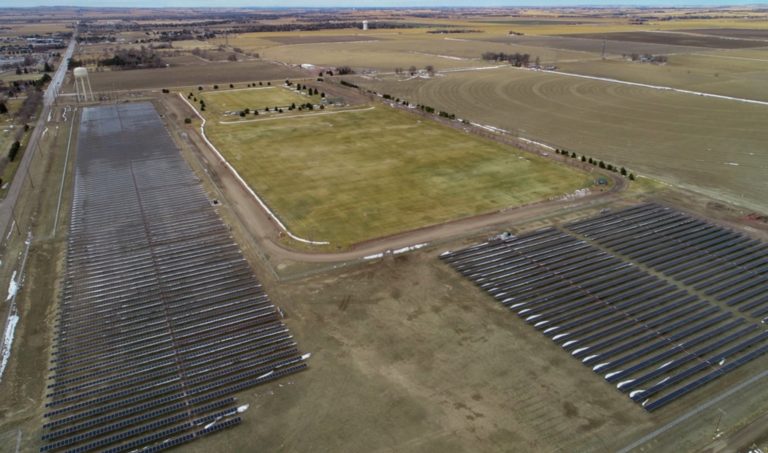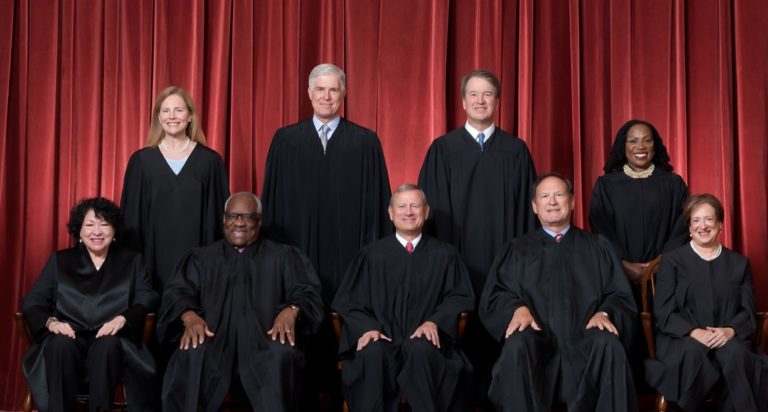President Joe Biden’s agenda suffered an embarrassment on Friday, as the U.S. Supreme Court halted the implementation of his plan to cancel up to $20,000 of student debt owed by tens of millions of young American voters.
The court’s decision, on a vote of 6-3, comes as Biden gears up for his reelection campaign, thwarting one of his major priorities.
The debt forgiveness plan, announced by Biden in August, would have canceled $10,000 in federal student loan debt for borrows making less than $125,000 per year or households with an income below $250,000. In addition, Pell Grant recipients, who often have greater financial stress, would have been eligible for an another $10,000 in debt relief, bringing the total to $20,000.
The plan encompassed borrowers with loans disbursed before last July 1, making around 43 million individuals eligible for debt forgiveness. According to the White House, 20 million would have their entire college debt erased.
Some 26 million Americans have applied for debt relief, and 16 million had their applications approved.
Biden used the Higher Education Relief Opportunities for Students Act — HEROES Act — as his guide for the policy, which the Office of Management and Budget said would cost the taxpayers $400 billion over the next 30 years.
The court said today that the HEROES Act does not authorize the Biden debt forgiveness plan. The HEROES Act was enacted after the Sept. 11, 2001, terrorist attacks on the New York Trade Center and Pentagon. The law was aimed at protecting service members financially during their deployment in Afghanistan and Iraq, relieving them of their student loan debt.
The Supreme Court heard two challenges to the Biden program. One involved six states that sued the administration: Arkansas, Iowa, Kansas, Missouri, Nebraska, and South Carolina. The court first had to determine that the states had standing. In this case, the court determined that at least Missouri had standing.
Then, onward to the opinion, Chief Justice John Roberts wrote, “The authority to ‘modify’ statutes and regulations allows the Secretary to make modest adjustments and additions to existing regulations, not transform them.”
The “modifications” by Biden to the loan program “created a novel and fundamentally different loan forgiveness program” and “expanded forgiveness to nearly every borrower in the country,” Roberts said.
The three justices who dissented from the majority opinion were Sonia Sotomayor, Elena Kagen, and Katanji Brown Jackson. Those three routinely stick together on most decisions as a caucus.
The other challenge came from two students, Myra Brown and Alexander Taylor, who raised concerns regarding the Biden administration’s failure to follow the proper process in enacting the plan.
In that case, the justices found that the students did not have standing. However, the decision on the case brought by the states, provides the answer as well for the students’ case, as it invalidates the Biden loan forgiveness program.
Initially, a lower court had dismissed the states’ lawsuit, ruling that they lacked standing to challenge the program since they were not directly harmed by it.
This story is breaking and will be updated.








